A military discharge is a process by which a military service member is released from their duty and service to the armed forces. Military discharge can occur under a variety of circumstances, including the completion of a term of service, medical reasons, and disciplinary actions. Here is a guide to help you understand military discharge.
Table of Contents
Types of military discharge:
There are five types of military discharge:
- Honorable discharge: This is the highest level of discharge that can be received. It means that the service member has served their duty to the best of their ability and has met or exceeded the military’s standards.
- General discharge under honorable conditions: This type of discharge is given to service members who have not met all of the military’s standards but their service has been satisfactory overall.
- Other than honorable discharge: This type of discharge is given to service members who have engaged in misconduct or have been convicted of a crime. This type of discharge may also be given to service members who have failed to meet the military’s standards.
- Bad conduct discharge: This discharge is given to service members who have been court-martialed and convicted of a crime.
- Dishonorable discharge: This is the most severe discharge given to service members convicted of a serious crime, such as desertion or mutiny.
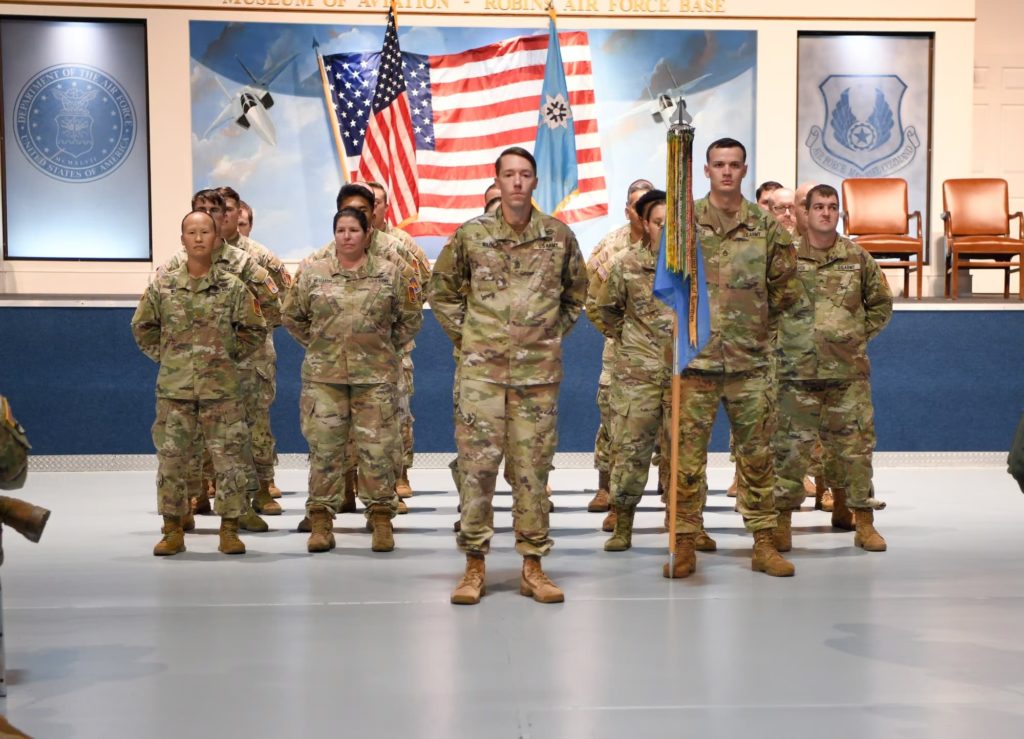
Honorable Discharge
An honorable discharge is a type of military discharge that signifies a service member’s successful completion of their military service obligation. This type of discharge is generally reserved for service members who have met or exceeded the standards of duty performance and personal conduct during their military service.
To receive an honorable discharge, a service member must have completed their term of service with satisfactory performance and behavior and met all of the requirements set forth by their branch of service. Some factors that may contribute to an honorable discharge include fulfilling military obligations, maintaining a good record of conduct, and demonstrating professionalism and dedication to duty.
Service members who receive an honorable discharge are typically eligible for various benefits, including access to VA healthcare, education, home loan programs, as well as military service medals and honors. They may also receive preferential hiring in federal government jobs and access to military discounts and privileges.
An honorable discharge is a positive and desirable outcome for service members, indicating successful completion of their military service and potentially opening up many opportunities for them as they transition to civilian life.
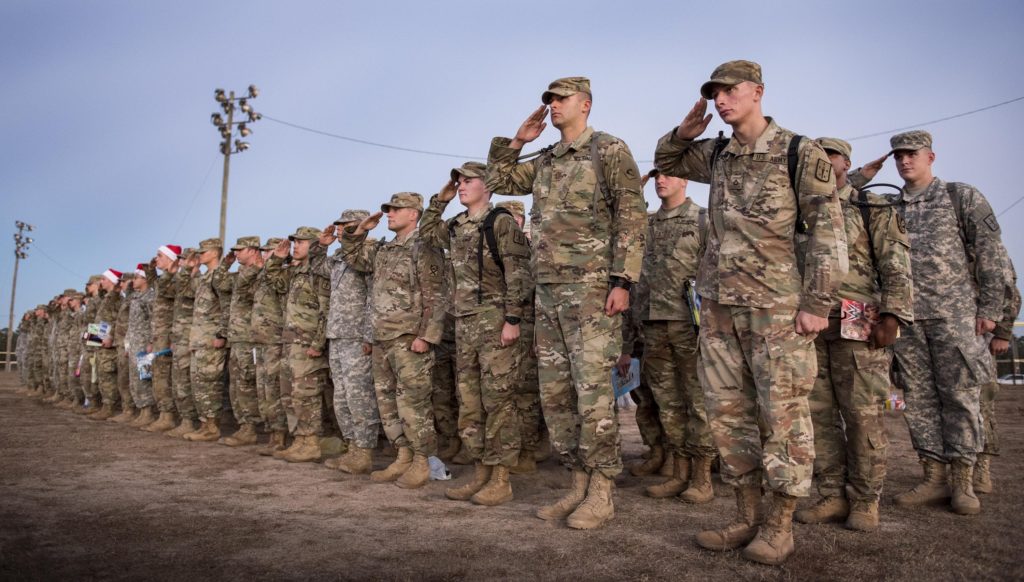
General Discharge Under Honorable Conditions
A general discharge under honorable conditions is a type of military discharge that indicates a service member’s overall service was satisfactory, but there may have been some misconduct or failure to meet certain standards of performance or conduct. This type of discharge is often given to service members who do not meet the requirements for an honorable discharge but who also did not engage in serious misconduct that would warrant a less favorable discharge.
To receive a general discharge under honorable conditions, a service member must have completed their term of service, met the basic standards of duty performance and personal conduct, and not been involved in any serious misconduct or criminal behavior. However, there may have been some issues with their performance or conduct that did not meet the standard of an honorable discharge.
Service members who receive a general discharge under honorable conditions may be eligible for some VA benefits, such as healthcare and education, and may also receive preferential hiring in some federal government jobs. However, they may not be eligible for some VA benefits, such as home loans, and may not be eligible for some military honors and medals.
A general discharge under honorable conditions is generally considered a positive discharge outcome, indicating that the service member met most of the requirements for an honorable discharge but had some issues with their performance or conduct. While it may limit some benefits and opportunities, it is still a respectable discharge status.
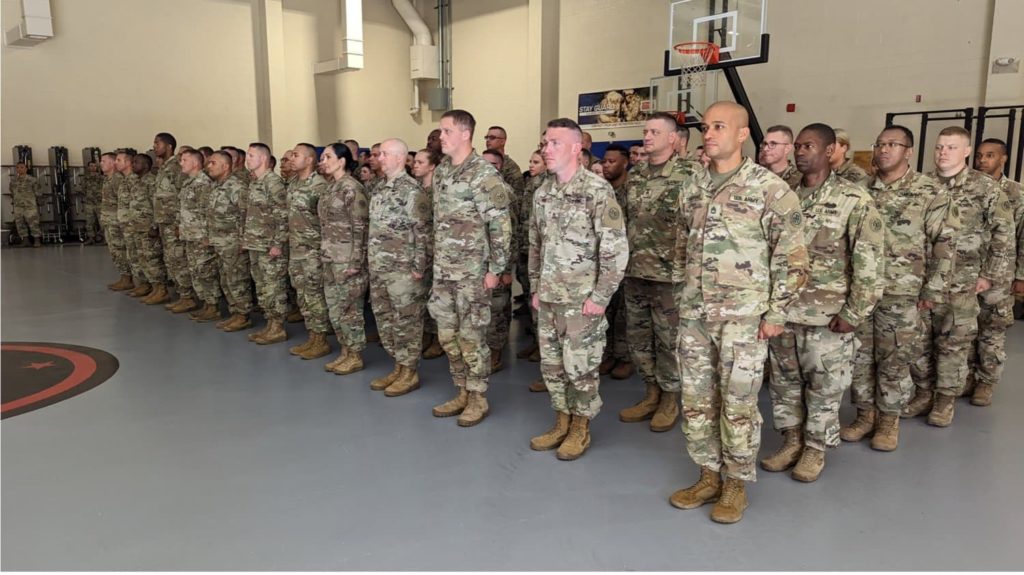
Other than honorable discharge
An other than honorable discharge (OTH) is a type of military discharge that is less favorable than an honorable discharge or a general discharge under honorable conditions. It is typically given to service members who engaged in misconduct or behavior that violated military regulations or laws, but the conduct was not serious enough to warrant a more severe discharge.
Some reasons a service member may receive an OTH discharge include drug abuse, repeated misconduct, insubordination, or failure to meet performance standards. While an OTH discharge is not as severe as a bad conduct discharge or a dishonorable discharge, it is still considered a negative discharge outcome.
Service members who receive an OTH discharge are generally not eligible for most VA benefits, including healthcare, education, and home loans. They may also have difficulty finding employment, particularly in government or security-related jobs, as many employers consider an OTH discharge to be a red flag.
An other than honorable discharge is a less favorable discharge status that is typically given to service members who engaged in misconduct or failed to meet performance standards. While it is not as severe as a bad conduct discharge or dishonorable discharge, it still carries significant consequences, including ineligibility for most VA benefits and difficulty finding employment.
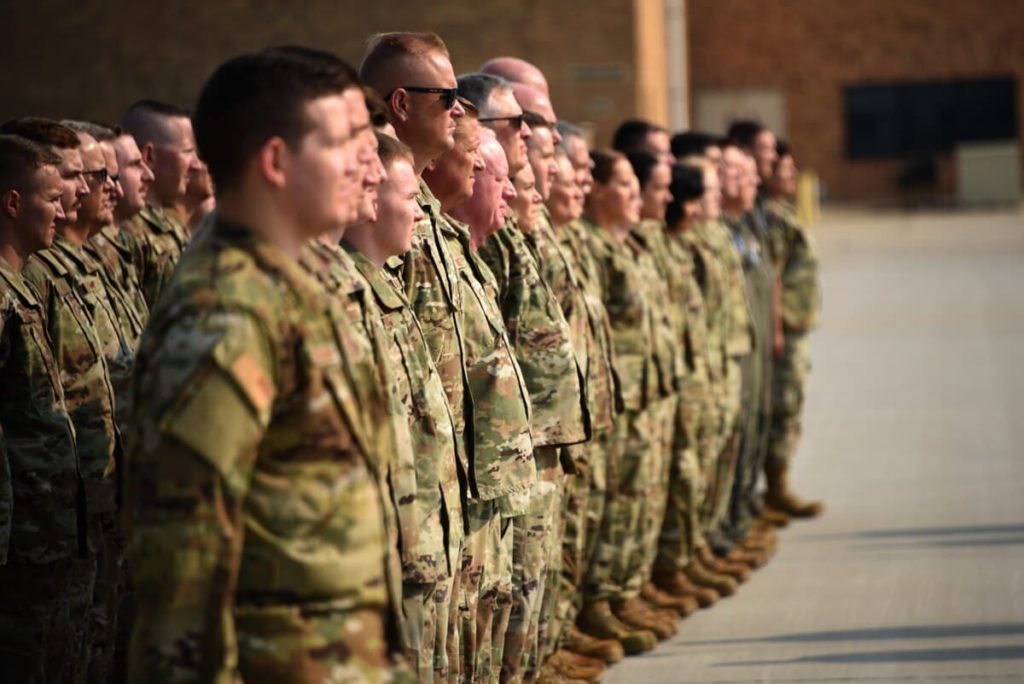
Bad conduct discharge
A bad conduct discharge (BCD) is a type of military discharge that is more severe than an other than honorable discharge but less severe than a dishonorable discharge. It is typically given to service members who have engaged in serious misconduct or criminal behavior, such as assault, drug abuse, or theft.
A BCD discharge is a punitive discharge and often results from a court-martial conviction. It may also be given to service members who repeatedly engage in less severe misconduct or behavior that violates military regulations or laws.
Service members who receive a BCD discharge are not eligible for most VA benefits, including healthcare, education, and home loans. They may also have difficulty finding employment, particularly in government or security-related jobs, as many employers consider a BCD discharge to be a red flag.
A bad conduct discharge is a more severe discharge status than an other than honorable discharge and is typically given to service members who have engaged in serious misconduct or criminal behavior. It carries significant consequences, including ineligibility for most VA benefits and difficulty finding employment.
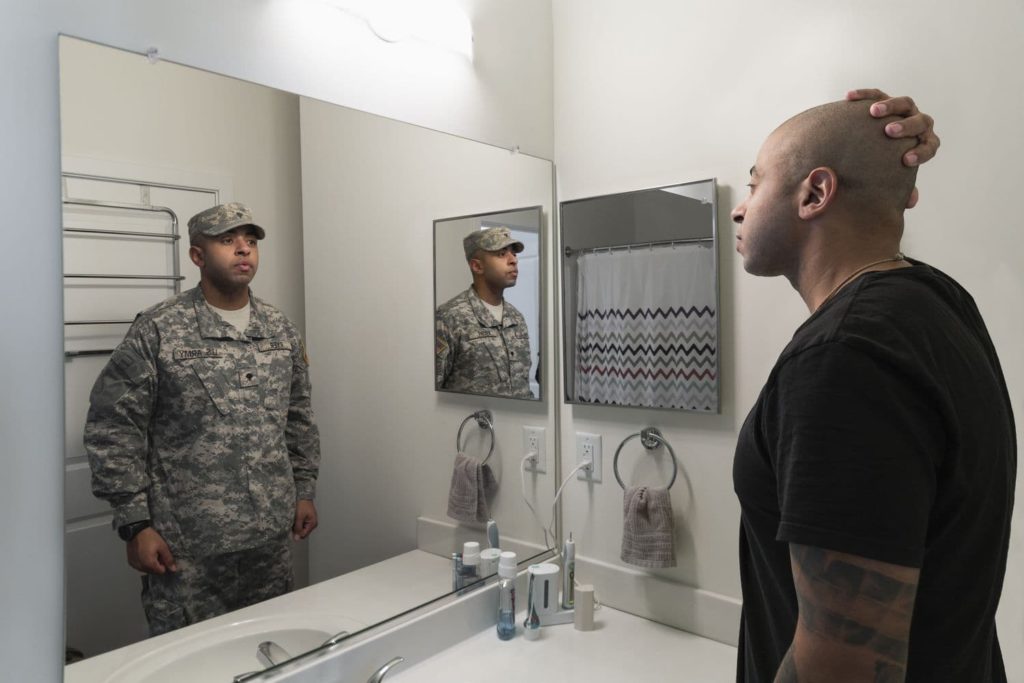
Dishonorable Discharge
A dishonorable discharge is the most severe type of military discharge and is given to service members who have engaged in serious misconduct or criminal behavior, such as desertion, espionage, or murder. This type of discharge is considered a punishment for a serious offense and can have significant consequences for the service member’s future.
Service members who receive a dishonorable discharge are not eligible for any VA benefits, including healthcare, education, and home loans. They may also have difficulty finding employment, as many employers consider a dishonorable discharge to be a serious red flag.
In addition to losing their eligibility for VA benefits, service members who receive a dishonorable discharge may also lose their military honors, including medals and ribbons. They may also face legal consequences, such as imprisonment or fines, depending on the nature of their offense.
A dishonorable discharge is the most severe type of military discharge and is typically given to service members who have engaged in serious misconduct or criminal behavior. It carries significant consequences, including ineligibility for all VA benefits and difficulty finding employment.
Reasons for discharge:
There are several reasons for military discharge, including:
- Completion of a term of service
- Medical reasons
- Conscientious objection
- Pregnancy
- Reduction in force
- Involuntary separation due to disciplinary action
- How to initiate the discharge process:
The discharge process is initiated by the service member’s commanding officer. Depending on the type of discharge, the process may involve a review board, a court-martial, or administrative separation.
Benefits and consequences of military discharge:
The type of military discharge received can significantly impact a service member’s future opportunities. For example, an honorable discharge can make it easier to obtain employment, while a dishonorable discharge can limit job opportunities and make it difficult to obtain certain benefits.
Appeal process:
If a service member disagrees with their discharge, they may be able to appeal the decision. The appeal process varies depending on the circumstances of the discharge and can involve submitting evidence and appearing before a review board.
In conclusion, military discharge is a complex process that can significantly impact a service member’s future opportunities. It is important to understand the types of discharge, the reasons for discharge, and the potential benefits and consequences of each type of discharge. If a service member disagrees with their discharge, they may be able to appeal the decision.
Form DD-214 – The Military Discharge Document
Military discharge document, commonly known as DD-214, is official document issued by the Department of Defense to service members who are separating or retiring from the military. The form contains important information about the service member’s military service, including their rank, dates of service, and the type of discharge they received.
The DD-214 form also includes information about the service member’s military occupation, training, and awards and decorations earned during their time in the military. This information is often required when applying for VA benefits, employment, or other services that may require proof of military service.
Service members need to keep their DD-214 form in a safe and accessible place, as it is often required to access benefits or services related to their military service. If a service member loses their DD-214 form, they can request a replacement from the National Personnel Records Center (NPRC).
What is military discharge?
A military discharge is when a service member is released from their military service obligations.
What are the different types of military discharge?
The different types of military discharge include honorable discharge, general discharge under honorable conditions, other than honorable discharge, bad conduct discharge, and dishonorable discharge.
How is a service member’s discharge status determined?
A service member’s discharge status is typically determined by the reason for their separation from the military and their conduct and performance during their military service.
What are the consequences of a less-than-honorable discharge?
Service members who receive a less-than-honorable discharge may be ineligible for most VA benefits, have difficulty finding employment, and may lose certain military honors and benefits.
Can a service member appeal their discharge status?
Yes, service members may be able to appeal their discharge status through the military’s Board for Correction of Military Records or through a discharge review board.
What is a DD-214 form?
A DD-214 form is an official document issued by the Department of Defense that contains important information about a service member’s military service, including their type of discharge, awards and decorations earned, and dates of service.
How can a service member obtain a copy of their DD-214 form?
Service members can obtain a copy of their DD-214 form by contacting the National Personnel Records Center (NPRC) or through the eBenefits portal.
Can a service member’s discharge status be upgraded?
Yes, a service member’s discharge status may be able to be upgraded through the military’s Board for Correction of Military Records or through a discharge review board.
How long does a service member’s discharge status stay on their record?
A service member’s discharge status stays on their record permanently unless upgraded through the appropriate channels.
What should a service member do if they have questions about their discharge status?
Service members with questions about their discharge status should consult a military attorney or Veterans Service Organization (VSO) for guidance.

